OMAHA- Nebraska's COVID-19 cases were down last week to a level seen last summer. Douglas County recorded 572 cases last week, down 21% from the week prior. That figure is a number last seen in August. This is just another step in the right direction after another week of the lowest death rates due to COVID-10 since July. The state was down 29% in cases from the week before.
Now, the state is turning to staying ahead of variants through continuing vaccinations. The Douglas County Health Department has administered over half a million doses of the vaccine. 46% of residents 16 and older are vaccinated and 58% have received their first dose.
In Omaha, the areas with the highest percentage of residents vaccinated are Elkhorn and Bennington with the lowest being in North and South Omaha. Adi Pour said she is happy to see urban Nebraskans being so eager to get vaccinated while rural Nebraskans seem to be more hesitant.
The state is able and ready for the 12 to 15 age range to start to be vaccinated as soon as possible. At around the same time, Omaha's mask mandate will be lifted. Pour said although the city could have gone an extra month with a mandate, she is comfortable in saying that with the vaccination trends being as high as they are, personal responsibility to wear a mask will be enough. She went on to say, if needed, the City Council can adopt an emergency mask mandate.
Nebraska has administered 1,450,275 doses of the vaccine as of Monday, May 3rd.
Read the full article HERE
